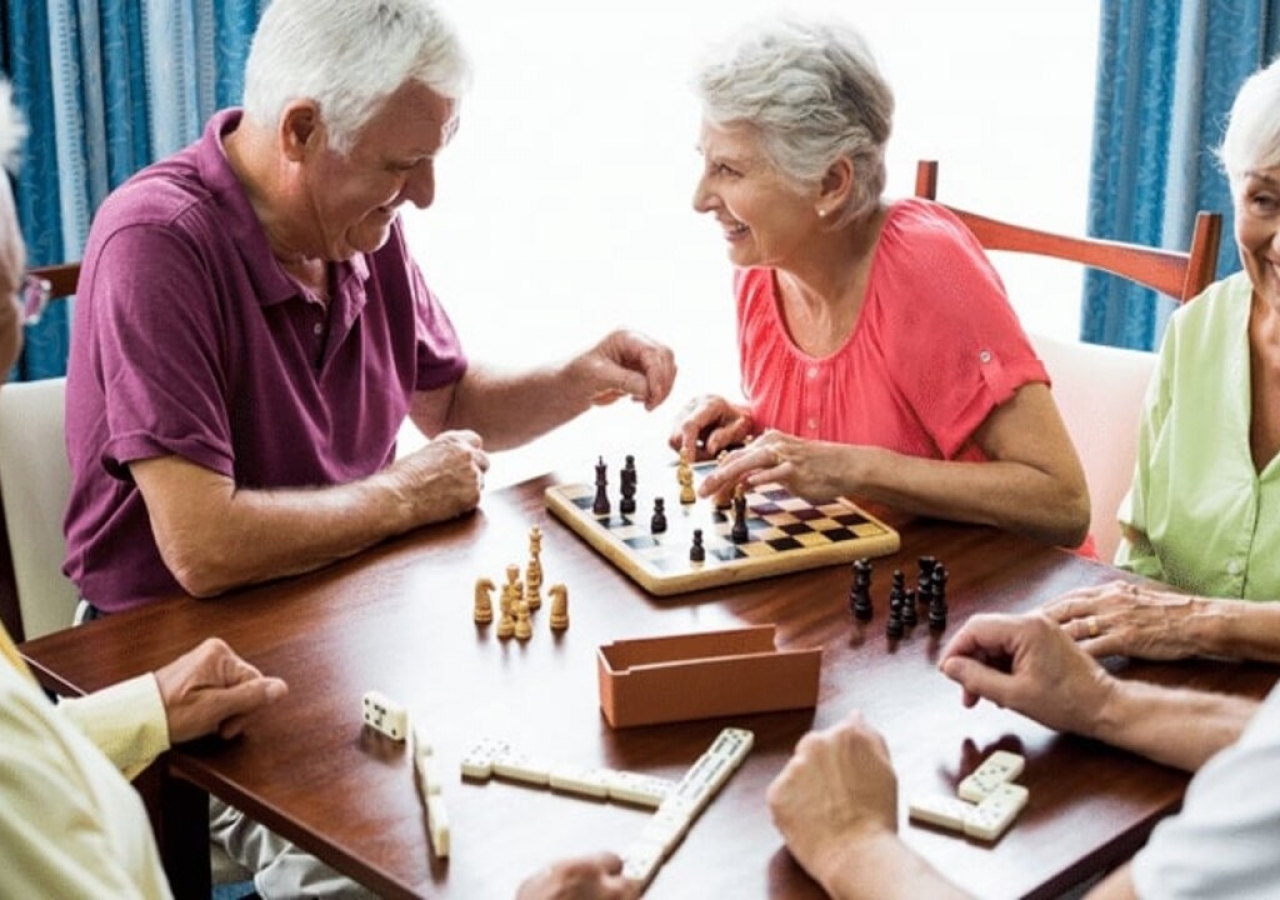Known for implementing programs to recover memory, attention and concentration, in patients who have had a stroke or head trauma, the specialist in human behaviour and neuropsychology ensures that "the more we challenge our cognitive abilities, the more they evolve". The opposite also applies: “If we divest from them, they do not disappear, but they decrease, although they can return with training.” This is due to neurogenesis, that is, the ability to produce new neurons, ready to be recruited to perform mental functions. For this to happen in the best way, it is necessary to prevent the brain from falling into routine and entering a passive mode.
The secret to strengthening capacities as diverse as mental flexibility, the ability to focus and make decisions, lies in fitness programs for our command centre, where are the executive functions that allow us to think and adapt to the challenges imposed by the circumstances of the our daily lives.
Neuronal plasticity: the ability to create new connections.
"These exercises began to be studied by neuroscientists after the Second World War", he says. The goal was to recover functions lost due to injuries and trauma, to be able to create new connections and to allow certain parts of the brain to perform functions that were previously performed by specialized neurons”. From there, came the idea to adopt the concept to people of all ages as a way of maintaining and to optimize cognitive abilities.
The author of the publications “150 Exercises for an Active Brain and “Exercise your Brain”, explains that it is important to do them without comparing individual performance with that of others. Why? The idea is to practice and progress, instead of trying to do the most. This training allows you to fine-tune your cognitive skills, as it happens when we leave our comfort zone, to do new things and to “pull by the brain”. This is a safe way to prevent diseases or delay their eventual appearance. "People who stimulate the brain and maintain intellectual activity throughout life, are less likely to have Alzheimer's and, when they do, the disease appears later in time”, says the neuropsychologist.
Besides investing in mental activity, there are factors that contribute to keeping the brain in shape and food is one of them: although the gains obtained are small, if they are continued and combined with good sleep hygiene, they will make a significant difference in the way we think and behave, and also have a protective effect against infections by bacteria and fungi that hinder brain performance.







